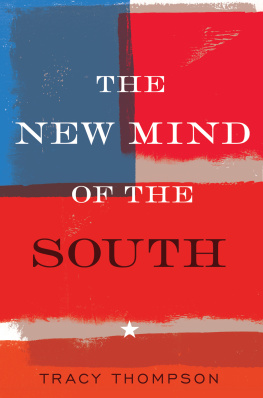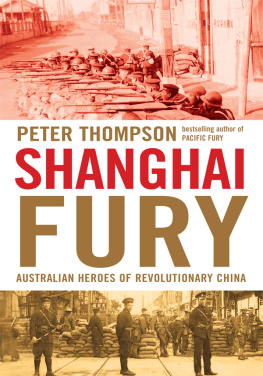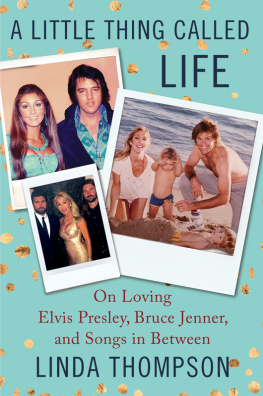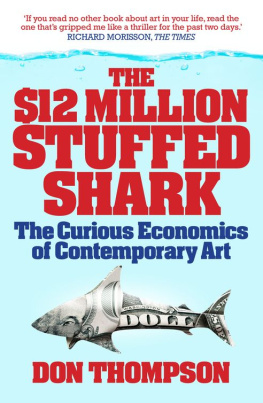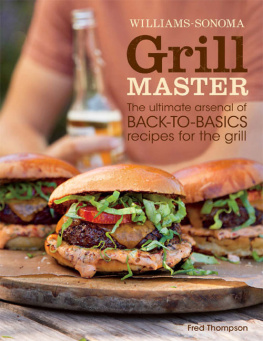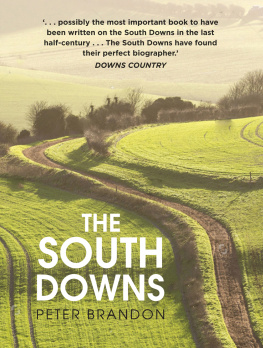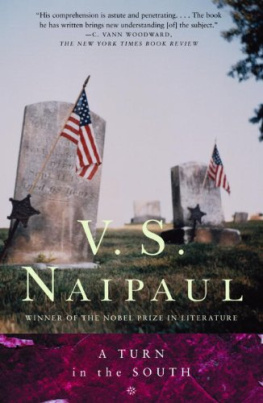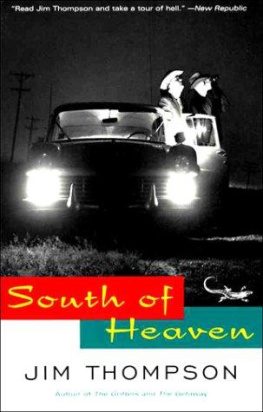Praise for The New Mind of the South
Thompson, a writer who lopes easily from the dispensing of statistics to shoe-leather reporting to touching autobiography to impressive flights of moral reflection, makes an ideal guide to this landscape.... For this outsider it offered illumination on every page.
Laura Miller, Salon
[Thompson] displays a splendid cynicism toward establishment politicians of all kinds, and her passion for the truth about forgotten wrongs will inspire all but the most hidebound Southerner.
The Wall Street Journal
[An] able blend of reportage, travelogue, and memoir.... The New Mind of the South is a lucid and inspired endeavor that gracefully handles the Southern paradoxes and polishes away rusted typecasts.
The Boston Globe
Brilliant.... On this diagnostic tour of the Souths kudzu-lined highways, Thompsons cartographic eye is keen.... Southern roads, Thompson shows us, are haunted by the heat shimmers of the past and potholed by uncertainties in the presentand we must grapple with both if were ever going to get anywhere.... If we heed Thompsons plea, if we can try together to finally detoxify those battlefields of the heart and mind, then maybe the South can actually be newnot merely rise again, but truly bloom.
Slate
A narrative that pulls on new data, interviews, historic archives and plain old observation.... Im thinking The New Mind of the South has come along at just the right time.
Garden & Gun Magazine
The New Mind of the South is a clear-eyed, deeply considered look at the evolution of a part of the country that, more than a century after the end of the Civil War, continues to remain something of a foreign entity to the rest of the nation.
DailyBeast.com
A nuancedand sometimes astringently humorousportrait of a multifaceted, often misunderstood region that overturns stereotypes.
Publishers Weekly (starred review)
[A] splendid new book.... The New Mind of the South does its namesake proud. Thoroughly researched and beautifully written, it suggests that if Dixie can make peace with the hellish parts of its legacy while fostering its inherent strengths, it just might achieve a real breakthrough.
Los Angeles Times
Thompson yearns to define Southern identity in the twenty-first century.... Its high time that were given an unflinching and accurate characterization of this place that has grown so different in even the last thirty years, despite sometimes clamoring to remain the same.
The Oxford American
Thompson draws nicely on personal experiences, interviews and visits to conventions of the Children of the Confederacy and the United Daughters of the Confederacy. A well-considered, well-written appraisal of a region that is more complicated than many readers realize.
Kirkus Reviews
Engaging, thoughtful.
Tampa Bay Times
Reading is usually a comfortably reflective pursuit, but occasionally some books invite a more energetic response as they offer arguments that challenge or stimulate. Such a book is Tracy Thompsons The New Mind of the South.... Thompson asks provocative questions about the past and the present.
Richmond Times-Dispatch
Thompsons upbringing in Georgia allows for an intimacy of insight (not to mention a pleasing front-porch cadence) that tempers her chastisements with a weary strain of compassion. She loves the South and, though she recognizes its many flaws, ultimately wants to see it heal.
CivilWarTalk.com
The more thats written about the American Southas a region and as a mindsetthe more confused people seem to be. Tracy Thompson helps clear up the myths and the outdated stereotypes. She correctly portrays the South and its people not as stubborn but as always changing. This is a knowing and sensitive book.
Walter Isaacson, author of Steve Jobs and Benjamin Franklin
Tracy Thompsons valuable book brings into modern times the search for Southern identity undertaken seventy years ago by W. J. Cash. With clear-eyed reporting, she shows us the multi-ethnic and more individualistic South that is emerging from the still-powerful matrix of black-white race relations, religion, and one-party politics. She argues that there is a newer New South of demographic diversity, and this book makes an impressive stride toward a fresh Southern sociology needed to carry students of the region beyond the familiar labels of Bible Belt and Sun Belt.
Howell Raines, author of My Soul Is Rested
Thank you for downloading this Free Press eBook.
Join our mailing list and get updates on new releases, deals, bonus content and other great books from Free Press and Simon & Schuster.
C LICK H ERE T O S IGN U P
or visit us online to sign up at
eBookNews.SimonandSchuster.com
CONTENTS
For my husband
1.
Its Complicated
B eing a Southerner is a lot like being a Jew, and every bit as complicated. For starters, this means there is no such thing as Southern cultureonly cultures, plural, which range from the equivalent of the militantly Zionist (the neo-Confederate crowd) to the Hassidic (regular attendees of the Ole MissAlabama game, perhaps) and all shades in between. Jews and Southerners are both self-anointed chosen peopleJews in a religious sense, Southerners in a cultural sense. Both identities substantially overlap with a specific type of religion (evangelical Protestantanism, in the case of Southerners), though within those parameters theres lots of room for variation. Both identities are voluntary affiliations that can be either adopted or forsworn, even if the natal imprint is tough to erase completely. Jews and Southerners alike know what it is to be a kind of invisible minority in the culture at large, forced to smile politely as they hear themselves referred to in unflattering, one-dimensional stereotypes: Ill see your Jewish American Princess or Shylock, and raise you one Alabama hick plus a Bible-totin, evolution-denyin school board member from Dogpatch.
Jews have Ashkenazi and Sephardic ethnic subgroups; Southerners come in two basic ethnic varietiesAfrican American and Caucasian. Jews have their Diaspora; likewise, millions of Southerners have been forced to hit the road bound for the lettuce fields of California or the steel mills of Chicago. The Jews have their Babylonian captivity; Southerners havewell, slavery. Both groups have ample experience with poverty and deprivation, yet from this poor soil both groups have produced a disproportionate number of authentic and utterly idiosyncratic geniuses. Jewish culture has always placed an extraordinary value on intellectual achievement and scholarly pursuits; Southerners...
Well, okay. No analogy is perfect.
I am a Southerner. The Thompson family roots go at least six generations deep in the soil of Georgia, Alabama, and Tennessee (though a few hardy adventurers have made it as far west as Oklahoma). A Southern identity is something I cant imagine myself without, and yet Ive spent much of my life trying to come up with a definition of exactly what that is. Southerners are Americans with an extra layer of identityyet no Southerner, so far as I know, has yet seen fit to write about the two-ness of Southerners, historian Carl Degler wrote a few years back, referring to W. E. B. Du Boiss famous remark about the double consciousness of being both black and American.or find fault with those rules found that social ostracism was just the start of the punishments awaiting him. For another, its been hard to lay down the burden of Southern history long enough to get a word in edgewise. Until quite recently, black people whose families had roots in the South as deep as mine were viewed one-dimensionally as just black, not Southernas if skin color made them magically immune to feeling affection for the place they called home; white Southerners were either racist Confederate flag-wavers, redneck comic relief, or apologetic liberals. If none of those roles appealed, you could try for Resident Southern Genius, but that was a very exclusive club to get into, or you could go into academia. Or you could just shove the whole thing into a mental drawer and get on with your life.
Next page
